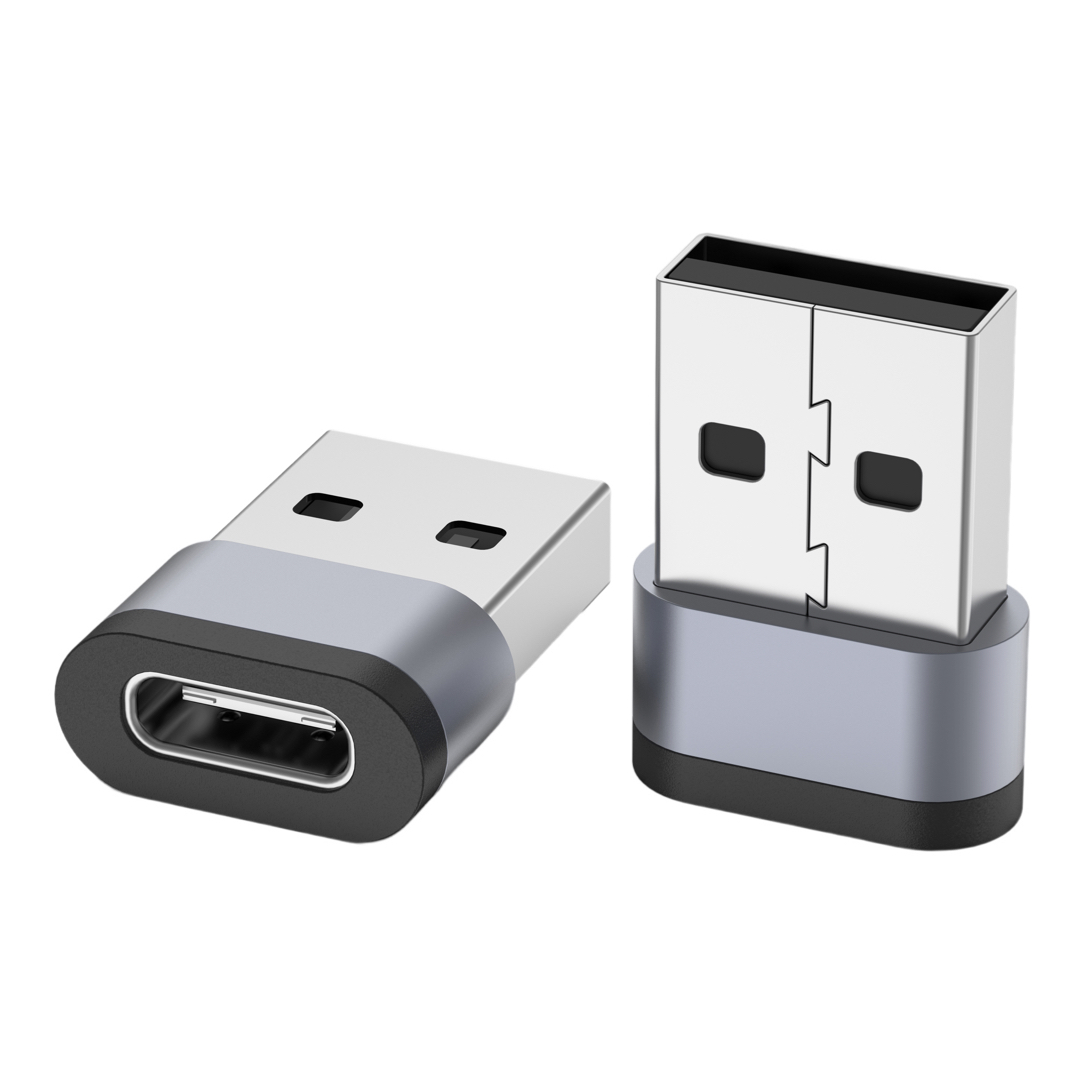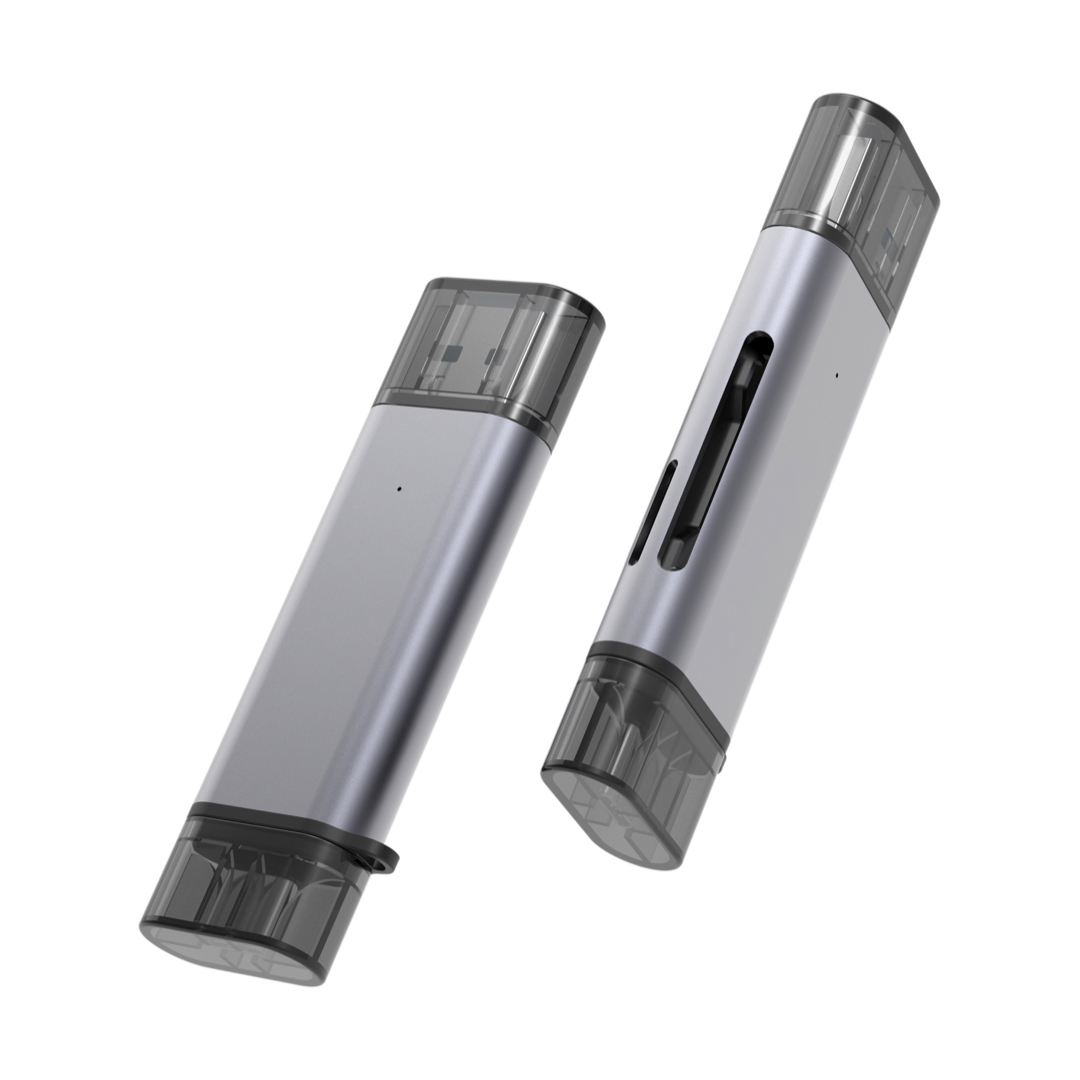USB Type-C adapters are increasingly becoming an essential accessory for modern devices. As more laptops, smartphones, and tablets adopt the versatile USB Type-C port, the need for adapters that facilitate seamless connections between different interfaces grows. The ability to connect devices that feature traditional USB-A, USB-B, and other ports to USB Type-C-enabled devices is crucial for users seeking compatibility and efficiency.
Seamless Integration with USB-A and USB-B Ports
One of the key advantages of USB Type-C adapters is their ability to bridge the gap between USB Type-C and older USB ports like USB-A and USB-B. These adapters allow users to connect their devices (such as laptops, mobile phones, or tablets) to peripherals like printers, keyboards, and USB flash drives that still rely on the older USB standards. For example, a USB Type-C to USB-A adapter ensures that users can continue to use their existing USB-A devices with a USB Type-C laptop.


Connecting Multiple Devices Effortlessly
Moreover, the USB Type-C adapter enables users to connect multiple devices with ease. Whether you need to connect a USB-C laptop to a USB-A device or a USB-C smartphone to a USB-B printer, these adapters make it possible. By using a USB Type-C hub, users can manage multiple connections through a single port, streamlining their workflow and improving device connectivity. This versatility is crucial for users who need to connect different devices across various ports and interfaces without sacrificing functionality.
Why USB Type-C Adapters Are Essential for Device Compatibility
In today’s multi-device world, compatibility is key. As USB Type-C adapters are designed to connect USB-C devices to USB-A, USB-B, or other interfaces, they provide a cost-effective and efficient solution for users looking to integrate their older devices with newer ones. The USB Type-C port offers faster data transfer rates and power delivery capabilities, making it a preferred choice for manufacturers. However, many consumers still rely on older devices and ports, making USB Type-C adapters indispensable for smooth device integration.
Custom USB Type-C Adapter Solutions
At Worldpass, we understand the importance of compatibility in today’s fast-paced, tech-driven world. That’s why we offer custom USB Type-C adapters tailored to your specific needs. Whether you require USB Type-C to USB-A adapters, USB Type-C to USB-B adapters, or multi-port USB Type-C hubs, we provide high-quality, customized solutions designed to enhance device connectivity and performance. Our adapters ensure seamless integration, enabling you to work with the devices and interfaces you rely on.
Conclusion
The growing adoption of USB Type-C technology highlights the need for USB Type-C adapters to connect devices across different interfaces. From USB-A to USB-B, these adapters ensure compatibility, helping users maintain productivity and device connectivity. With Worldpass’s custom solutions, businesses can secure reliable, high-quality adapters tailored to meet their specific requirements.



